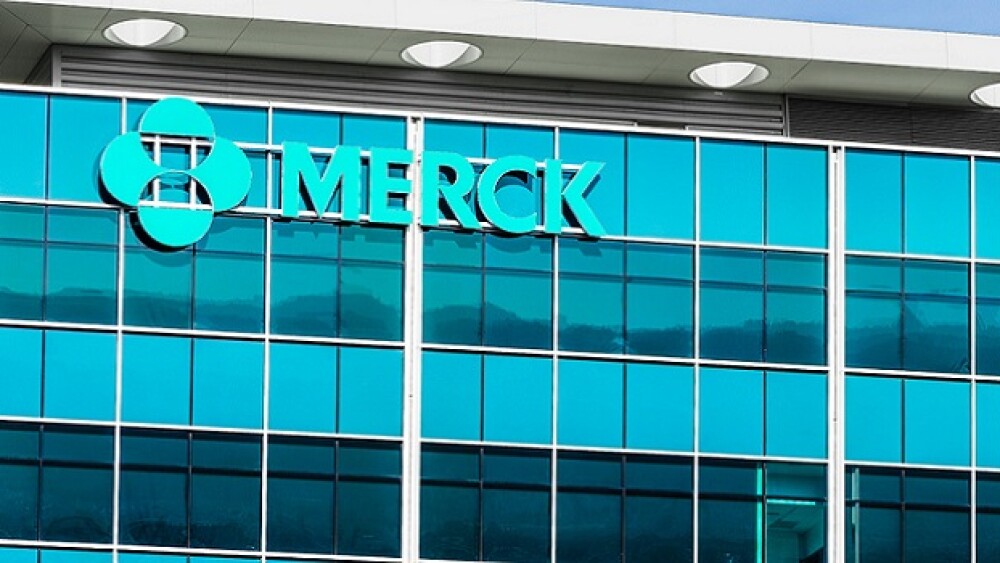The global contract development and manufacturing organization is investing $1.2 billion to boost production capabilities at its Holly Springs, North Carolina, site including mammalian cell culture bioreactors.
Fujifilm Corporation on Thursday announced that it is investing $1.2 billon to bolster its end-to-end manufacturing capacity at the company’s Holly Springs, North Carolina site.
The billion-dollar-plus manufacturing boost will allow Fujifilm to add significant large-scale production capacity through eight more 20,000-liter mammalian cell culture bioreactors, which are set to be operational by 2028. The investment will also give Fujifilm the flexibility to add more bioreactors in the future to better meet the needs of its partners and clients, according to the company.
In addition, Fujifilm is planning to create some 680 new jobs by 2031, which will bring its total employment in Holly Springs to 1,400, the company announced.
The manufacturing investment is part of Fujifilm’s strategy of becoming a dominant contract development and manufacturing organization (CDMO) player in the dynamic and lucrative antibody-drug conjugate and bispecific markets. Fujifilm expects the antibody drug market to grow by 8% per year through 2030.
“This investment is an important step to further accelerate the growth of our biopharmaceutical CDMO business,” Teiichi Goto, CEO, president and representative director of Fujifilm Corporation, said in a statement, adding that its North Carolina facility will “play a vital role” in helping the company’s partners and clients to produce “critical therapies to serve the needs of patients.”
Fujifilm is also taking active steps to ensure the sustainability of its North Carolina campus, which will incorporate several initiatives—such as the use of renewable landfill gas, onsite solar and water and waste reduction interventions—to contribute to net-zero operations.
In 2018, Fujifilm first selected North Carolina as the location for its largest cell culture CDMO campus for biopharma, earmarking $2 billion for its construction. The company broke ground on the project in October 2021.
Fujifilm has made other manufacturing investments in other locations. In June 2022, the company earmarked a $1.6 billion investment to boost its cell culture capacities in Texas and Denmark, with a focus on antibody products and with an eye toward meeting the market’s growing demand for biopharmaceuticals.
Fujifilm’s latest manufacturing infusion comes as CDMOs such as Lonza and Charles River are also making significant investments in the expansion of their mammalian cell culture production facilities for their respective biologics businesses, as mammalian-based biopharma contract manufacturing continues to capture the largest market share.
Last month, Lonza announced it was paying $1.2 billion in cash to buy a Roche manufacturing facility in Vacaville, California, one of the world’s largest manufacturing sites for biologics. The deal is meant to boost Lonza’s production of commercial mammalian products and to expand its U.S. manufacturing footprint. The acquisition is indicative of the growing reliance of biopharma companies on contract manufacturers for biologics.
Tristan Manalac is an independent science writer based in Metro Manila, Philippines. Reach out to him on LinkedIn or email him at tristan@tristanmanalac.com or tristan.manalac@biospace.com.






